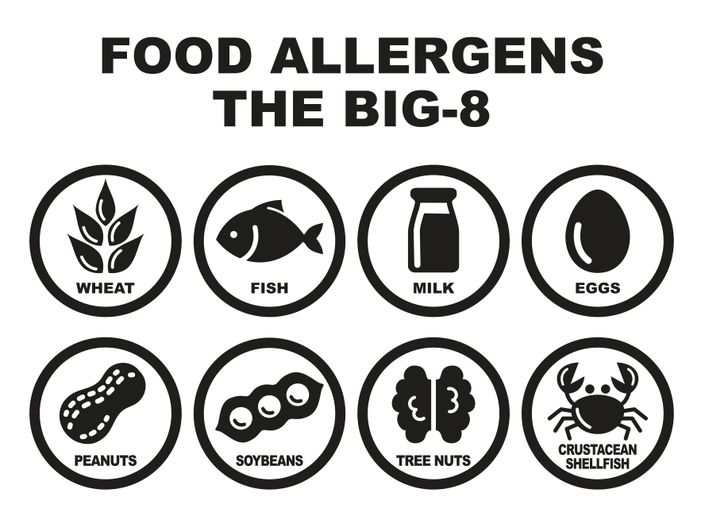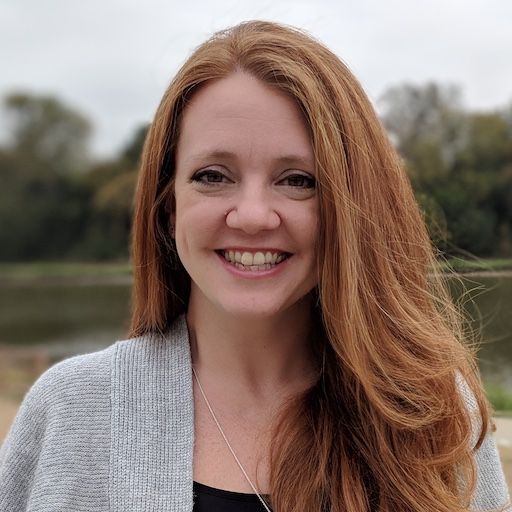
Understanding Food Allergies: Strategies for Preventing and Managing Food Allergies in the Preschool Environment
Child care providers should feel confident in their abilities to provide a safe and healthy environment for young children. Given that 1 out of every 13 children have a food allergy, child care providers should be well informed on where we find food allergens, how to identify a reaction, and what to do should one occur.
This course begins by detailing the basics of food allergies and other adverse reactions to food. We discuss what is happening in the body, what symptoms may occur, how a preschooler may voice the symptoms they are experiencing, and who is at risk for adverse reactions.
We spend a good portion of time discussing where we might find allergens in the foods we eat and in various classroom materials. Participants will spend time looking at food labels and familiarizing themselves with how to locate potential allergens. We will discuss a variety of alternative classroom materials and activities to minimize exposure.
To help minimize exposure further, the training discusses proper hand washing, cleaning, and other considerations such as food-based rewards, class parties, field trips, and other areas where exposure may occur.
Finally, we look at strategies to manage an allergic reaction should one occur. This includes understanding an emergency care plan, recognizing the signs of a severe allergic reaction, steps to take if you suspect anaphylaxis, how to administer an epipen injection, and understanding the different roles of staff in the event of a severe reaction.
Successful participants of this course should be able to:
- State what a food allergy is, how the body reacts in the event of an allergic reaction, and who is impacted by allergies.
- State the primary food allergens and discuss how to find them in the foods we eat and in the materials we use in the classroom.
- List strategies that you can implement in your pre-school classroom and cafeteria to prevent food allergy reactions from occurring.
- State your role as an educator and care-giver, should a food allergy reaction happen in your classroom or at your school.
This course offers 2.0 clock hours towards yearly professional development requirements. A certificate of completion will be provided following the conclusion of the course and a brief assessment.
Learn more about Village Table
This training is approved by:
- The State of Texas according to §746.1317 of the Minimum Standards for Child Care Centers
- Bright from the Start: Georgia Department of Early Care and Learning
- North Carolina Department of Health and Human Services Division of Child Development and Early Education
Your Instructor

Dr. Jessica Barnes received her PhD in nutrition from Texas Woman's University. Her research focused on food preference development and creating materials to help preschoolers become familiar with healthy foods. She has worked with families and communities as a clinical and community Registered Dietitian Nutritionist.
